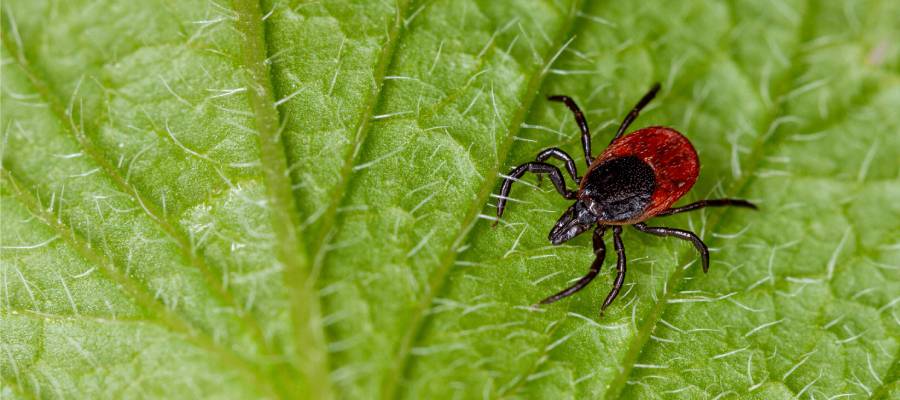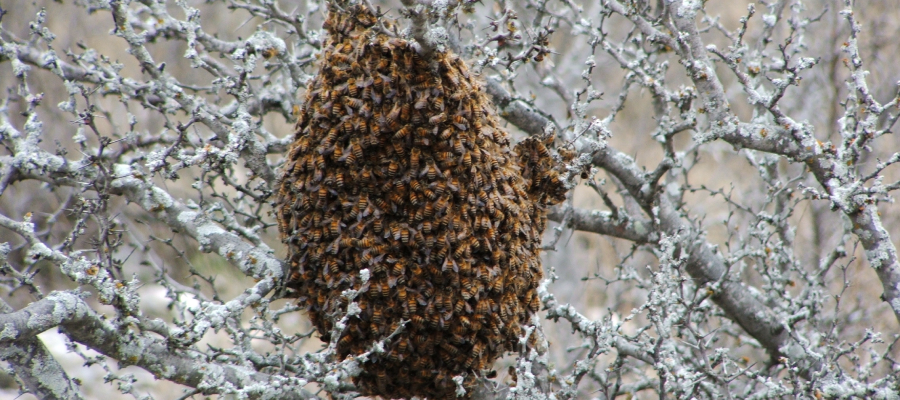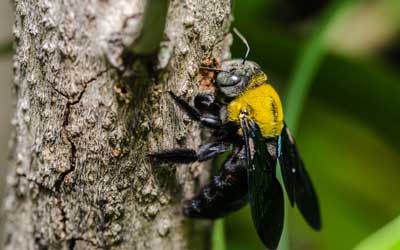Some of us look forward to the end of summer to finally catch a break from pests, but August and September won’t afford us this opportunity quite yet. In fact, there are several kinds of bugs and wildlife that thrive in the conditions of the late summer. If you want to ensure that the last of the warm season isn’t ruined by pest problems, you have to weave prevention strategies into your routines. To learn about common late-summer pests in Bristol and Johnson City TN and what you can do to stop them, read on for advice from Leo’s Pest Control!
Pest That Thrive in Late Summer
Late spring and early summer are commonly regarded as the height of pest season, but this doesn’t mean that the late summer and other seasons are free of pest issues. Here in Bristol and Johnson City, we commonly face the following pests in the late summer:
- Wildlife: If an animal hibernates during the winter, you can be sure that they will be active all summer. Our late summers usually come with raccoon, opossum, and squirrel problems.
- Bees and wasps: As long as people are gathering outside, bees and wasps are going to hang around. If you cook outside often or have a habit of leaving out sugary or protein-rich foods, you can expect bees and wasps to build nests close to these newfound food sources.
- Ticks: Ticks breed in the early summer to produce booming populations that hang around until temperatures drop significantly again. Watch out for ticks around tall grass or dense vegetation.
- Mosquitoes: If you don’t disturb their breeding grounds, mosquitoes can develop a consistent output of offspring that stick around into fall.
Preventing These Late Summer Pests
We want to preface this prevention information by reminding you that any serious pest infestation should be dealt with immediately by an experienced technician. However, if you want a head start on keeping these late summer pests off of your property, we have some advice for you:
- Look for standing water: Because mosquitoes lay their eggs in standing water, getting rid of all potential breeding grounds will keep them off of your property. Pour out rainwater wherever you find it — be sure to look in gutters, planter boxes, and similar places.
- Keep your yard tidy: Trimming plants, removing leaf piles and grass clippings, and decluttering in general will all help prevent temporary pest shelters.
- Seal entry points: Look around the outside of your house and any structures in your yard for gaps in roofing, siding, fencing, foundation, or elsewhere. Seal holes with a silicone-based caulk or install screens to cover window gaps.
- Protect your trash: Taking out your trash regularly will prevent indoor pest problems, and using lids that seal on your outdoor bins will prevent wild animals and bees.
Professional Pest Control for Late Summer
If you have already tried a bunch of prevention methods and have had no luck keeping pests off of your property in Bristol and Johnson City TN this summer, it’s time to team up with your local pest experts. Our team at Leo’s Pest Control knows all about the pest problems that residents and business owners face year after year in our region. We can quickly assess your property for crucial vulnerabilities and put together a uniquely-crafted plan that tackles them safely and efficiently. Reach out today for a free quote!



